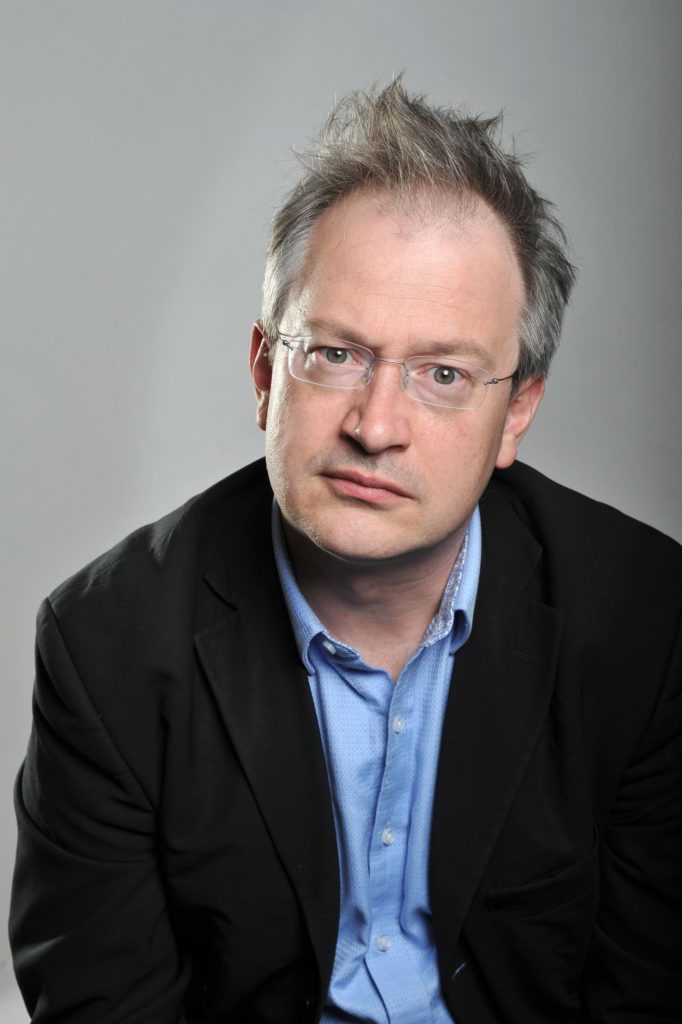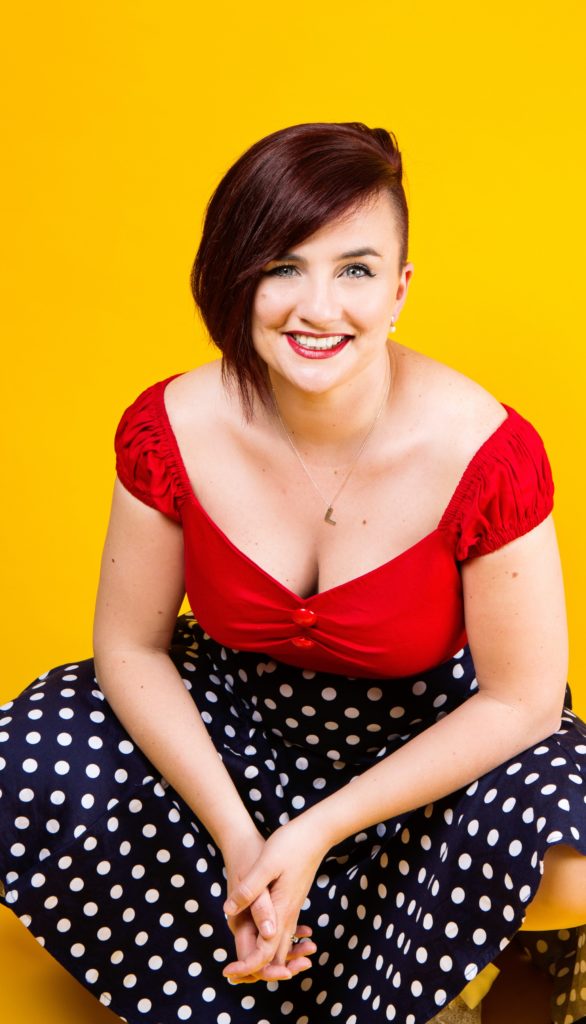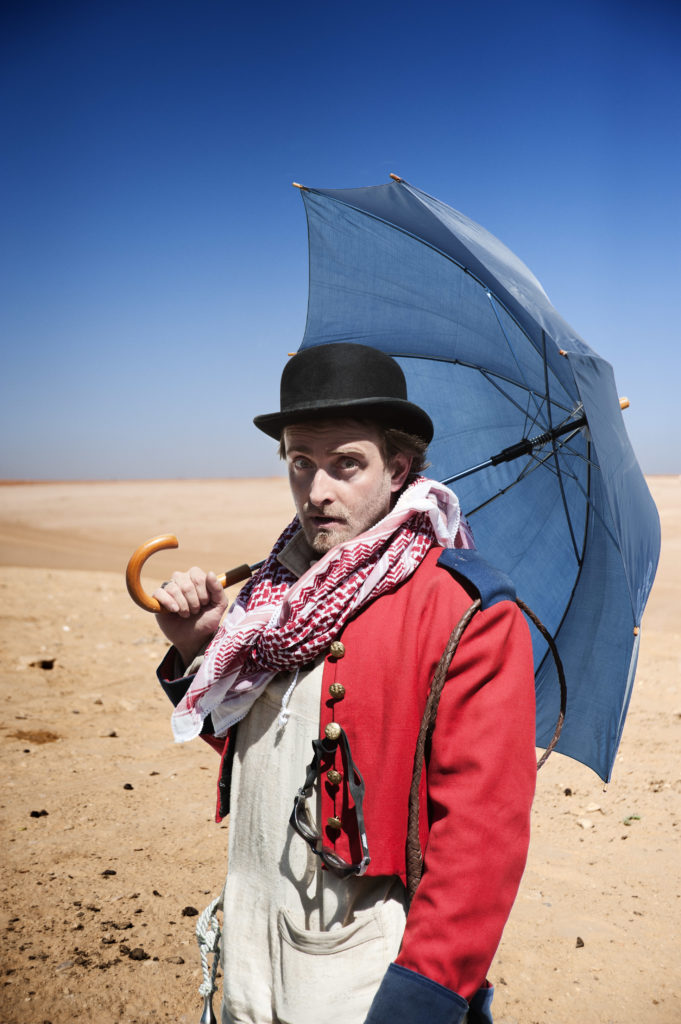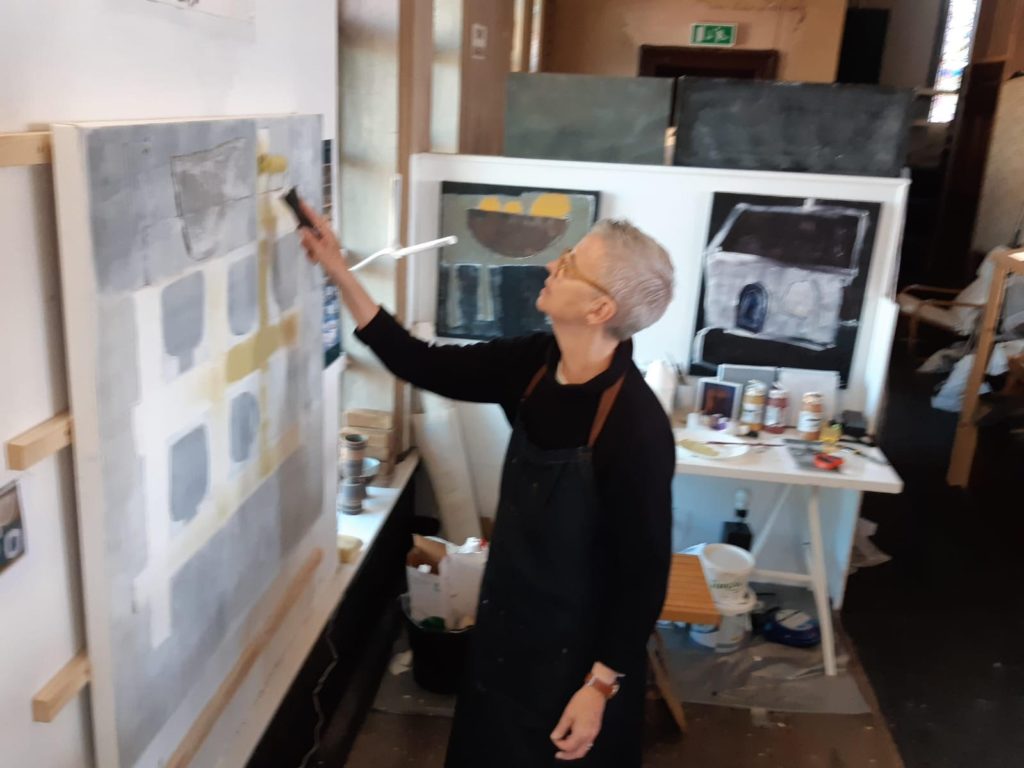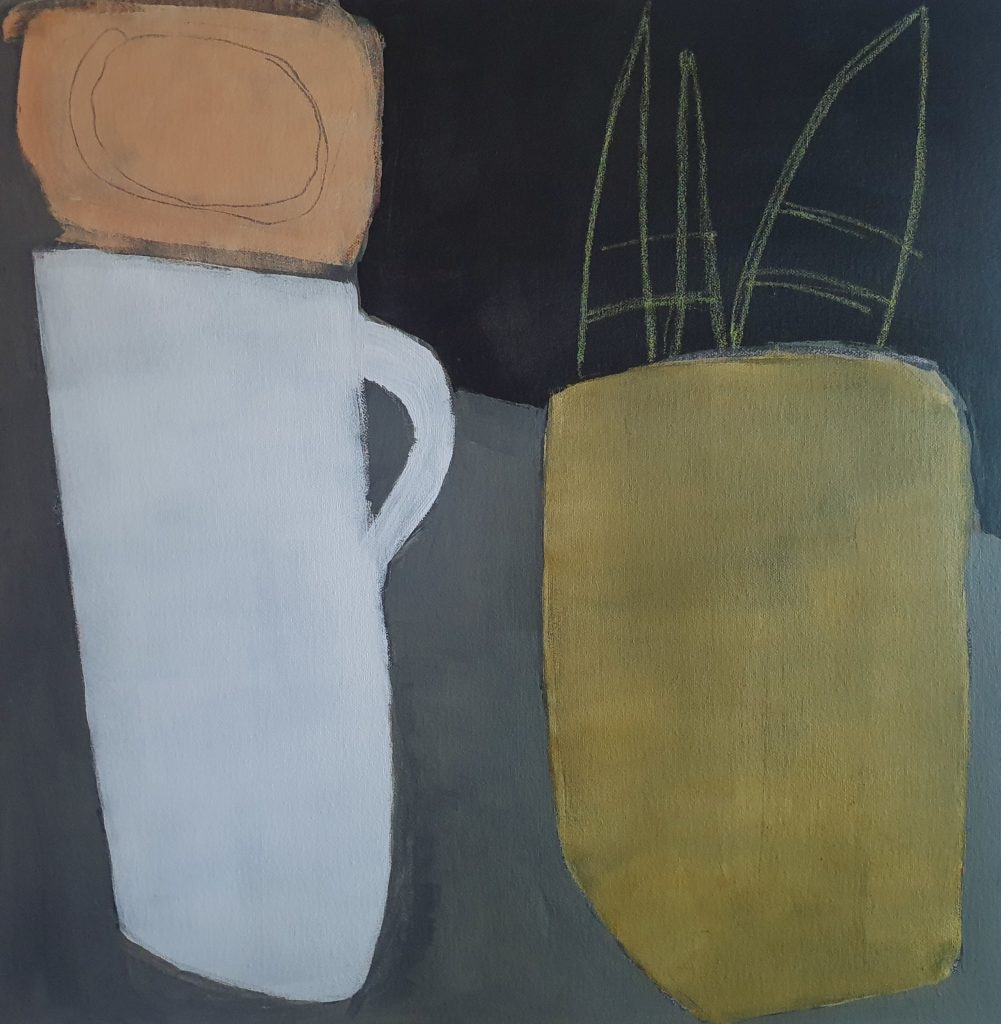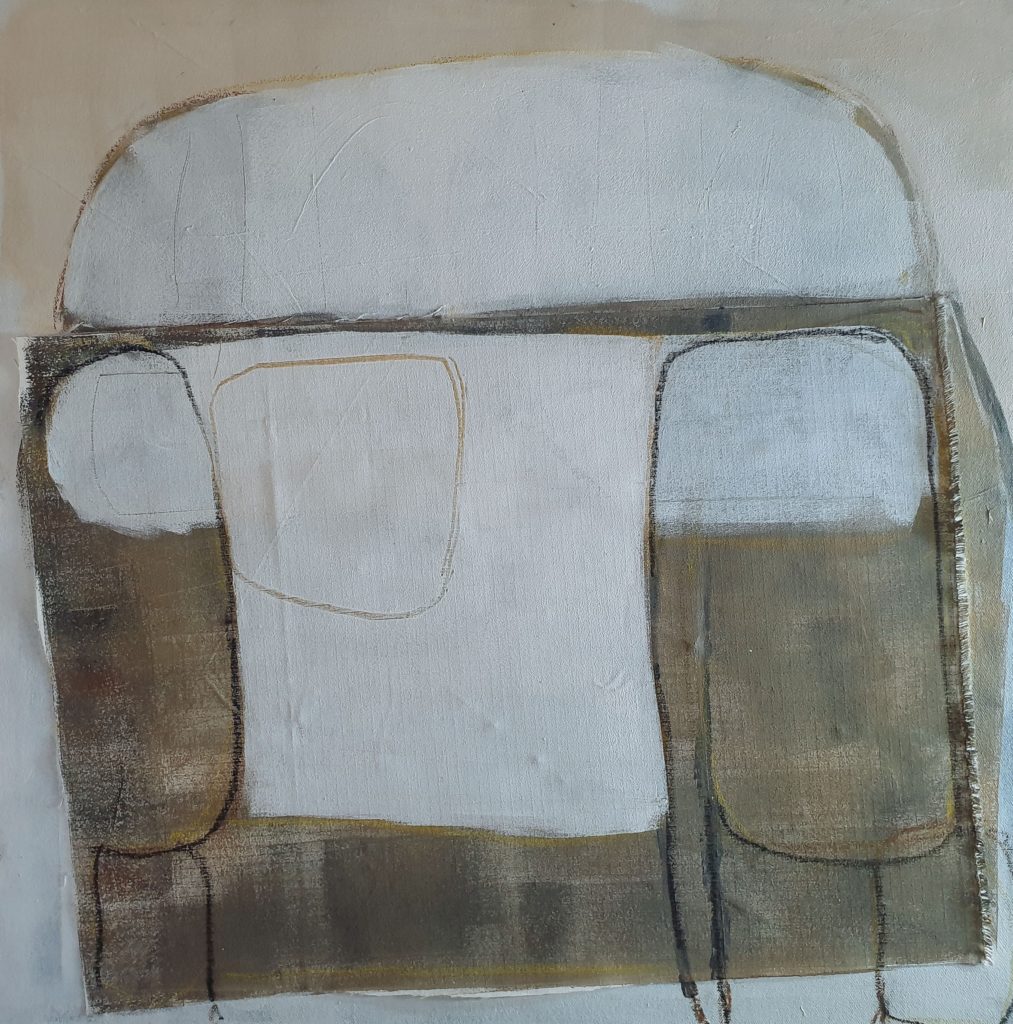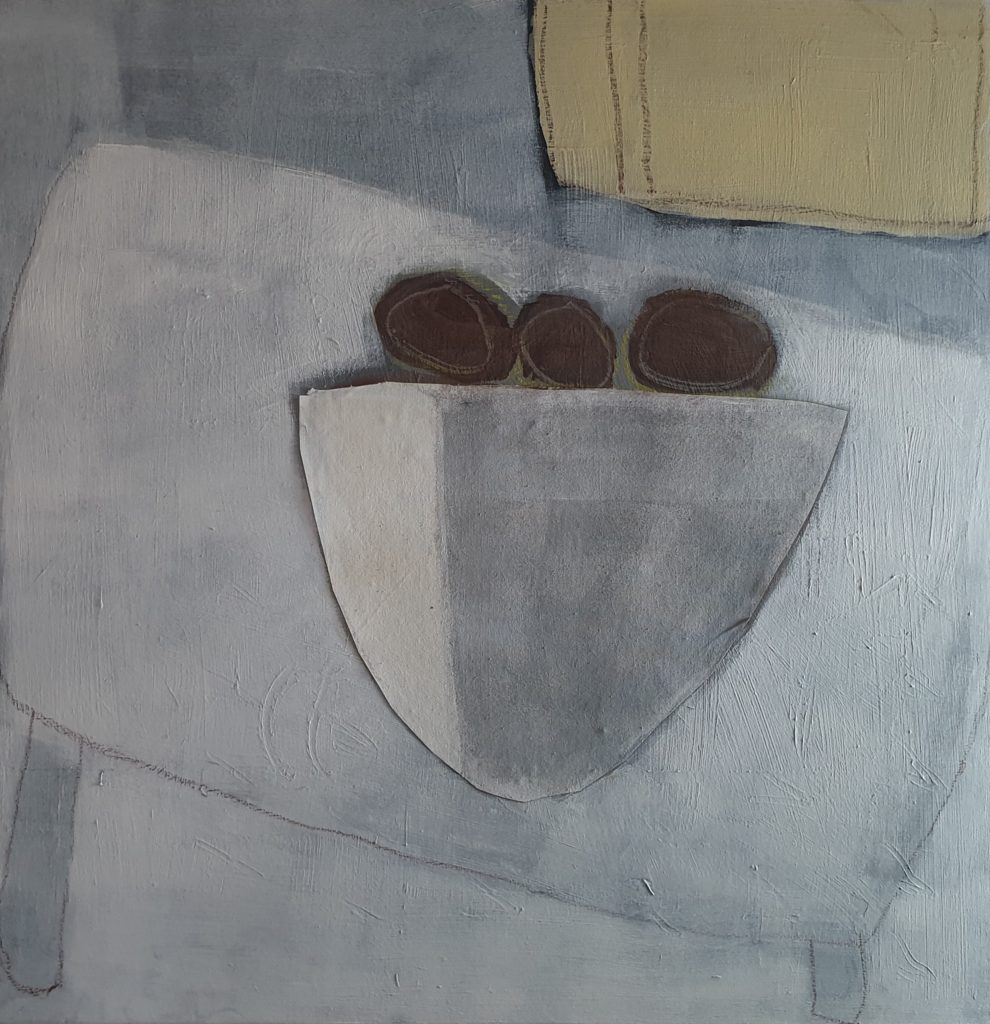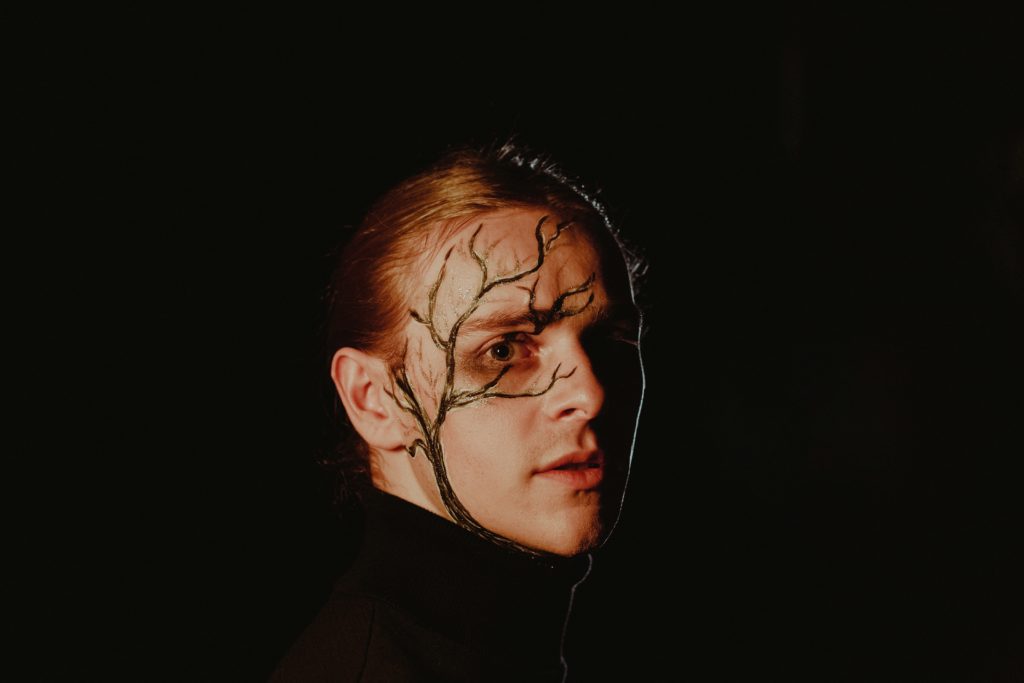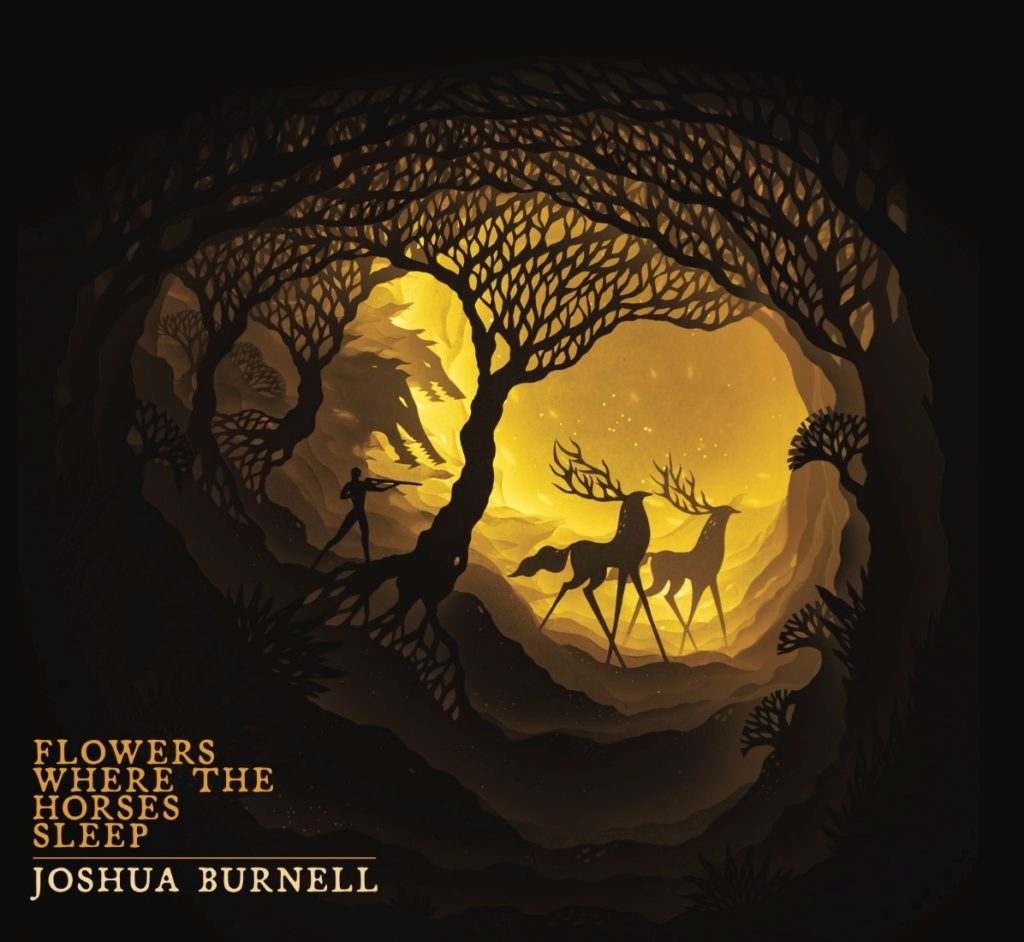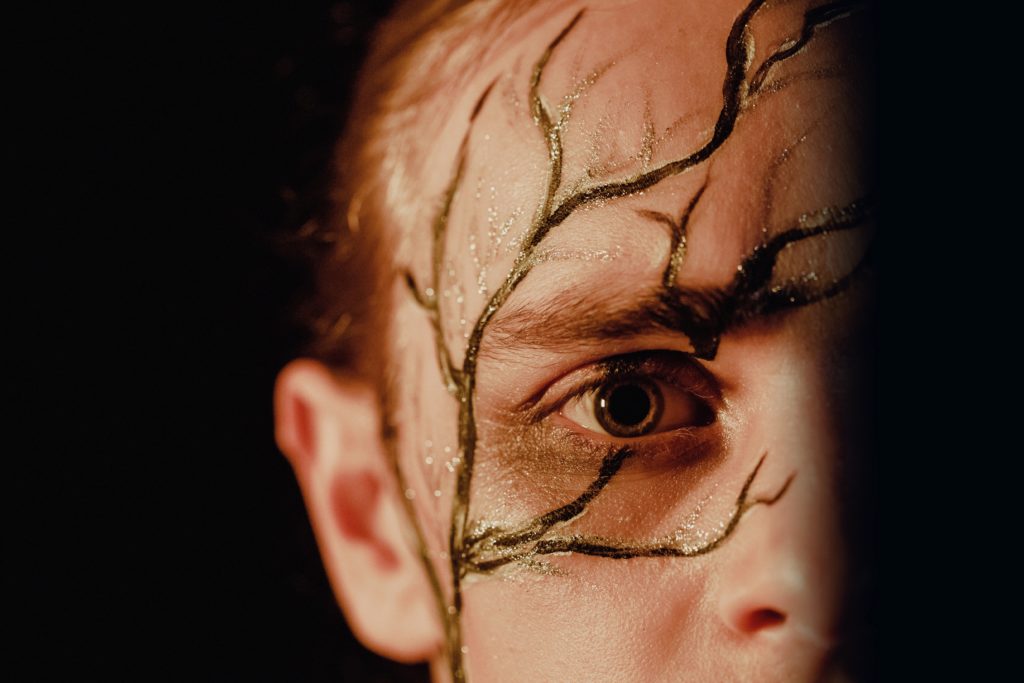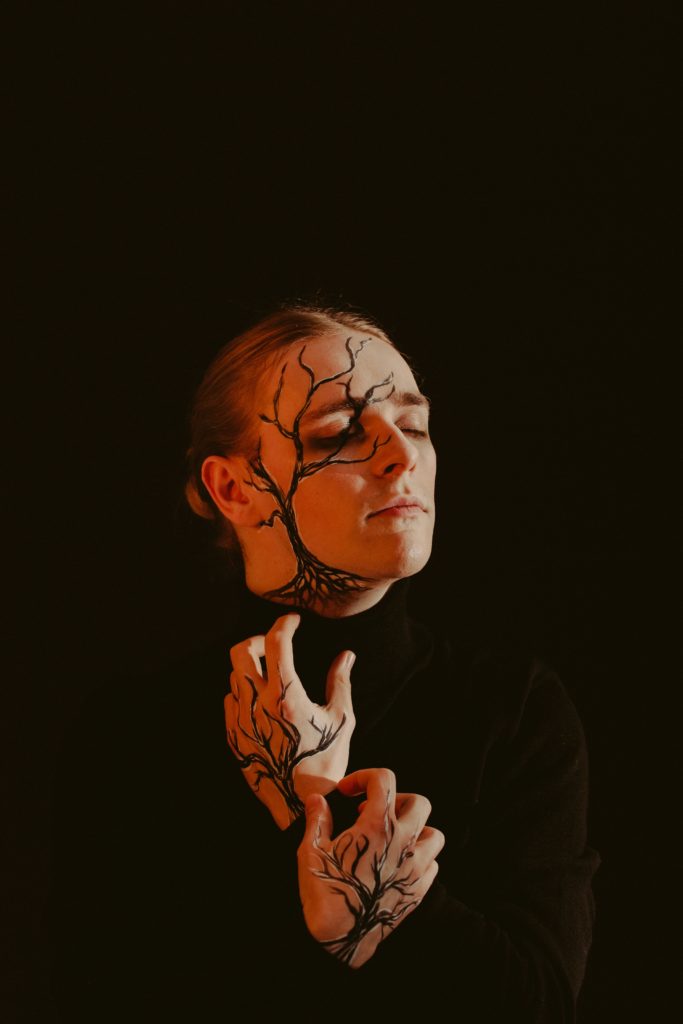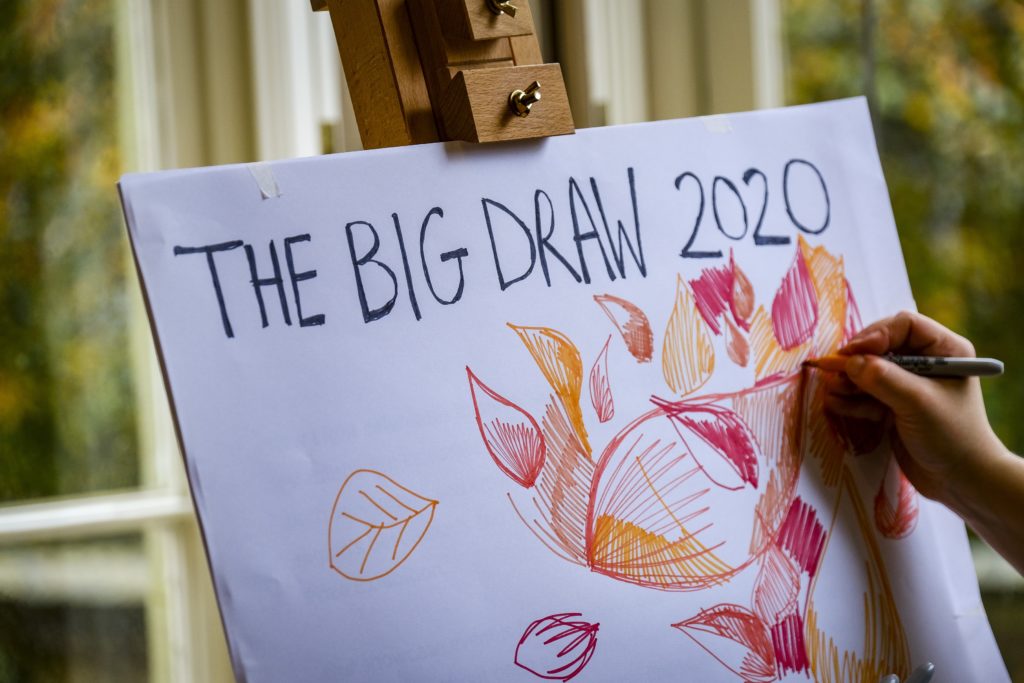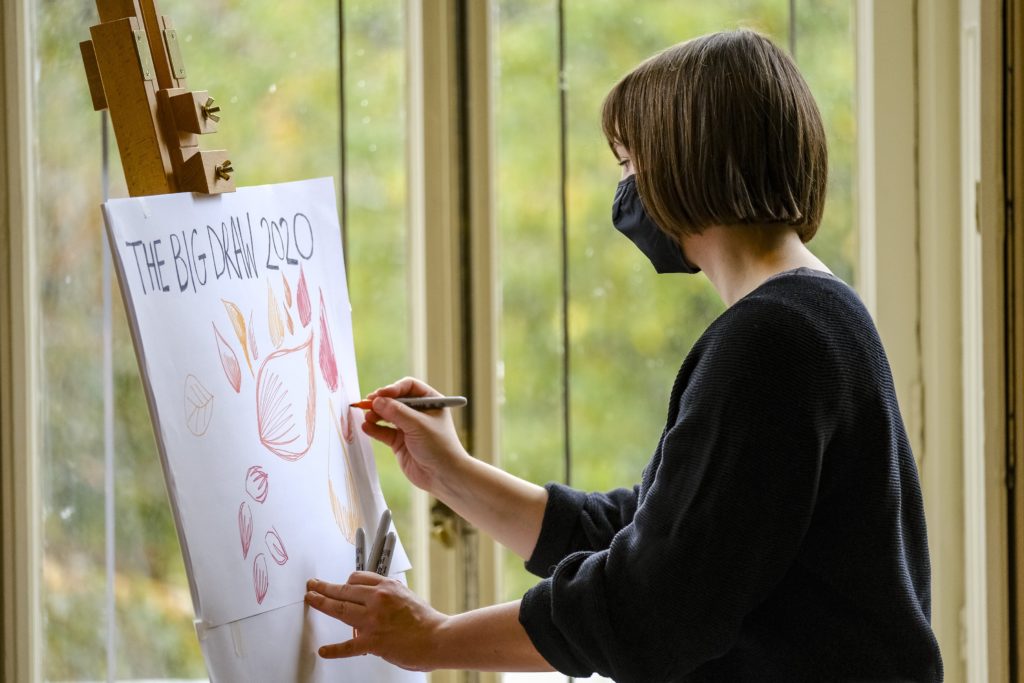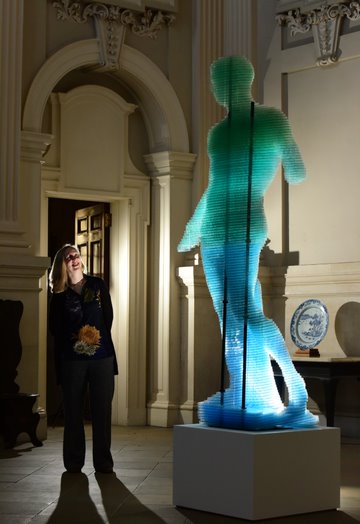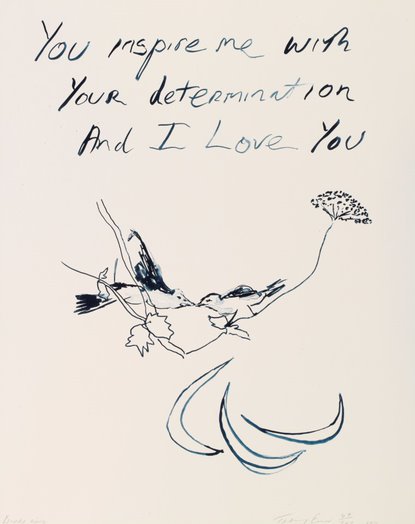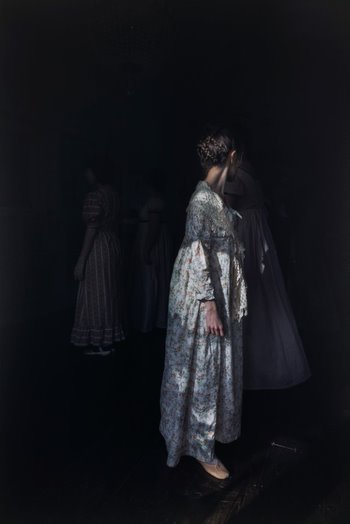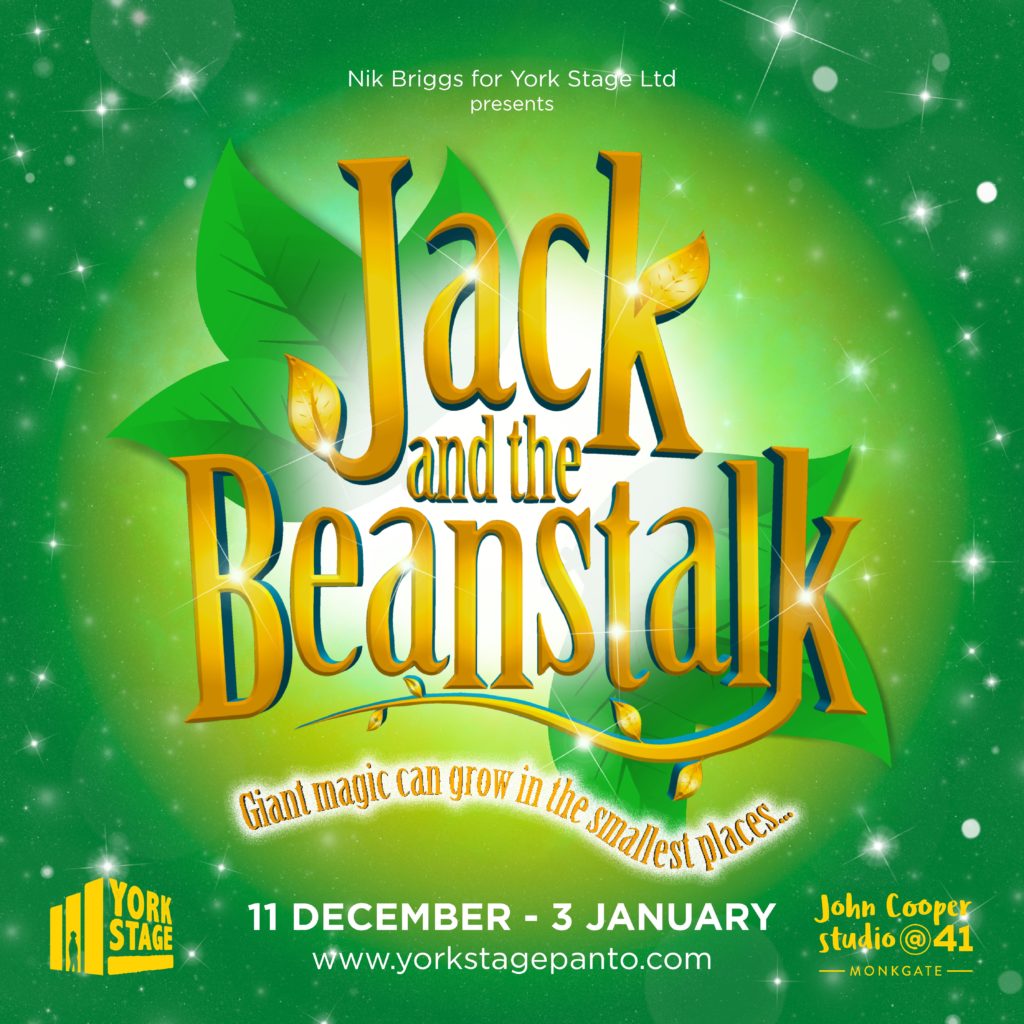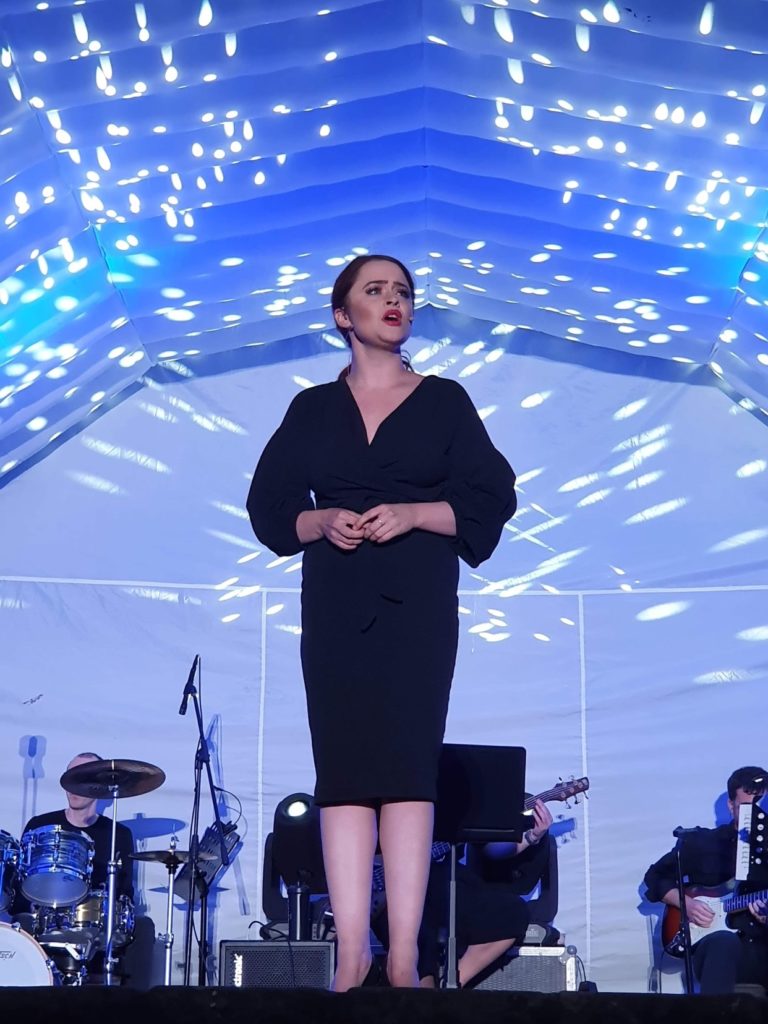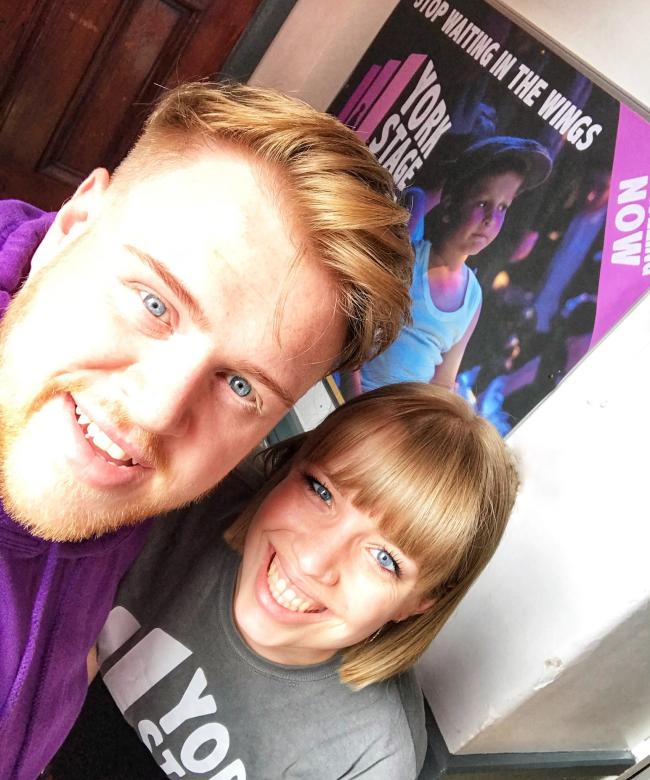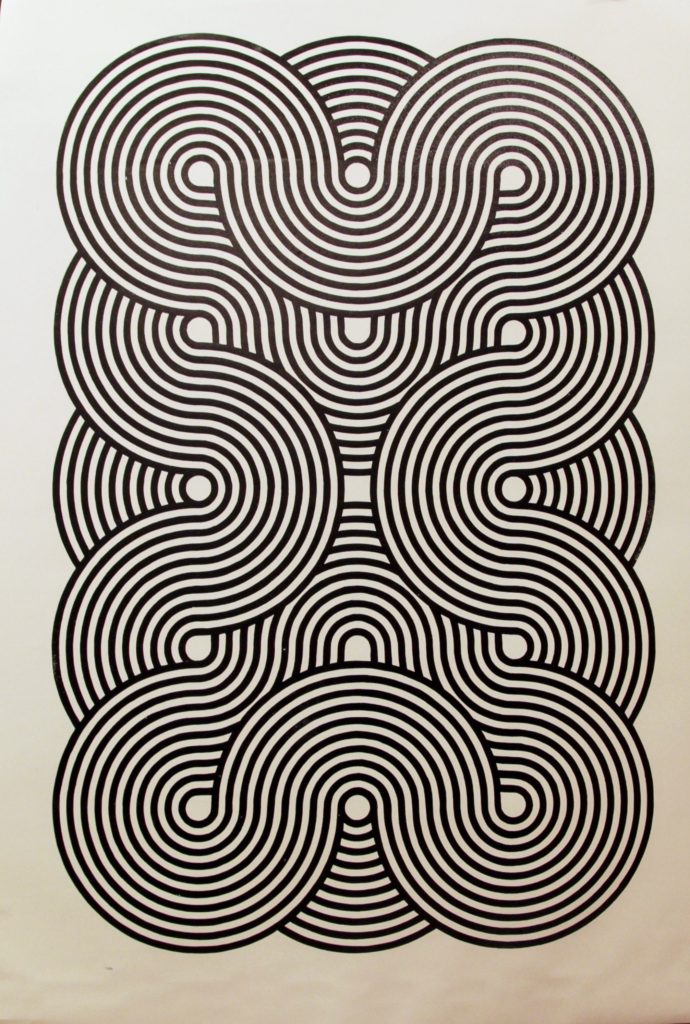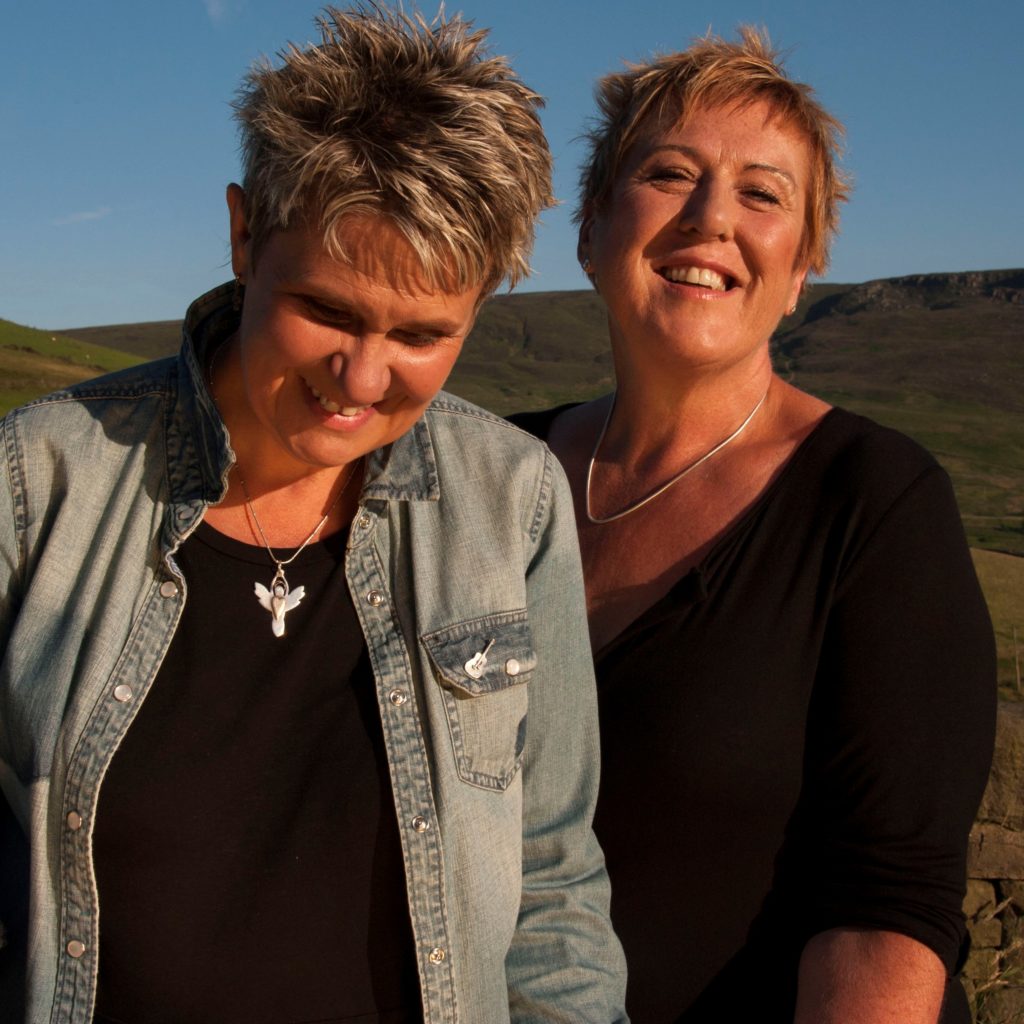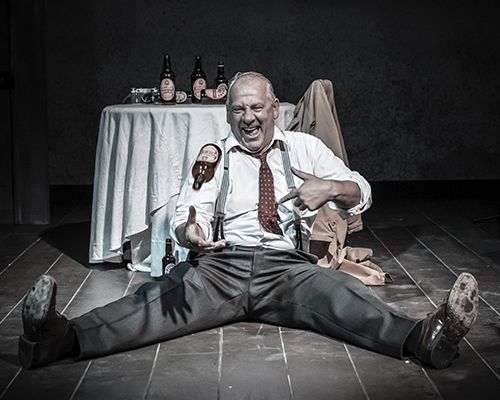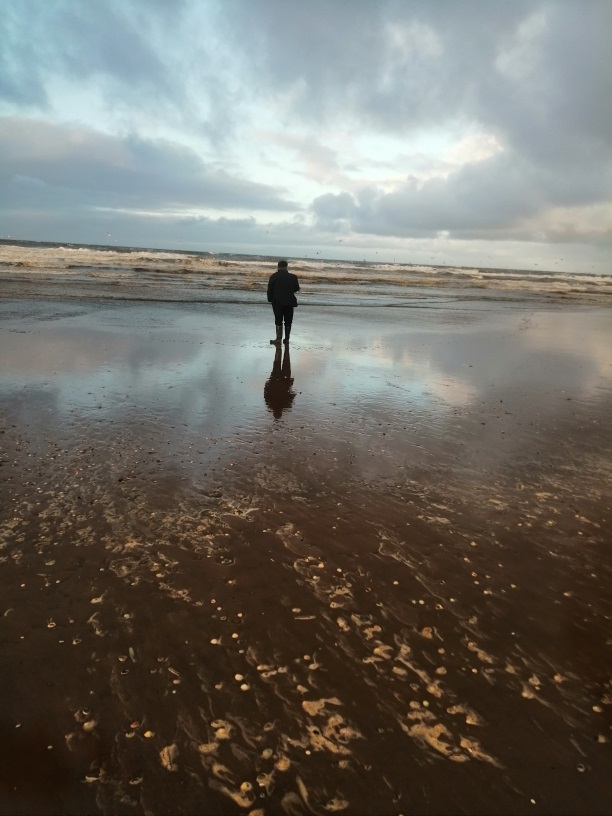
UB40 featuring Ali Campbell and Astro and Keane are the latest additions to Scarborough Open Air Theatre’s 2021 summer season.
Campbell and Astro, founding members of the Birmingham reggae and pop hit makers, re-united six years ago and will play with a seven-piece band on June 19 on their second visit to the Yorkshire coast.
East Sussex chart-toppers Keane, who returned from a six-year hiatus with last year’s album Cause And Effect, will head to Scarborough on July 9.
Tickets for both concerts will go on sale at 9am on Friday, October 23 at scarboroughopenairtheatre.com.
Campbell and Astro played Scarborough OAT previously in 2017 and last year’s The Real Labour Of Love tour visited Australia, New Zealand, Europe and America.
They have been active during this year’s enforced hiatus, writing songs for their forthcoming album and reassembling their touring band remotely to record a lockdown single, a poignant cover of the late Bill Withers’ Lean On Me, in aid of NHS Charities Together.
Campbell and Astro will return to the road in 2021 with bassist Colin McNeish, guitarist Winston Delandro, keyboardist Michael Martin, drummer Paul Slowly, backing singer Matt Hoy and a brass section of trumpeter Colin Graham and saxophonist Winston Rose.
A handful of new songs will complement multiple UB40 classics, notably King, a hymn to the legacy of American Civil Rights leader Dr Martin Luther King and One In Ten, a paean to the rising tide of unemployment in Margaret Thatcher’s Britain, both as resonant today as they were when first sung in 1980 and 1981.
Campbell says: “We wrote King 40 years ago, but it’s still representative of what’s happening in America. It’s depressing that nothing has changed. It’s the same with One In Ten in the UK. With the impact the Coronavirus could have on jobs, we could soon be looking at unemployment figures on a par with the early Eighties.”
Campbell adds: “Those songs will feature in a show we’ve been honing for the past 12 years. We’ll always play the classics, like Red Red Wine and (I Can’t Help) Falling In Love With You, but we like to change the beginning and end of the show.
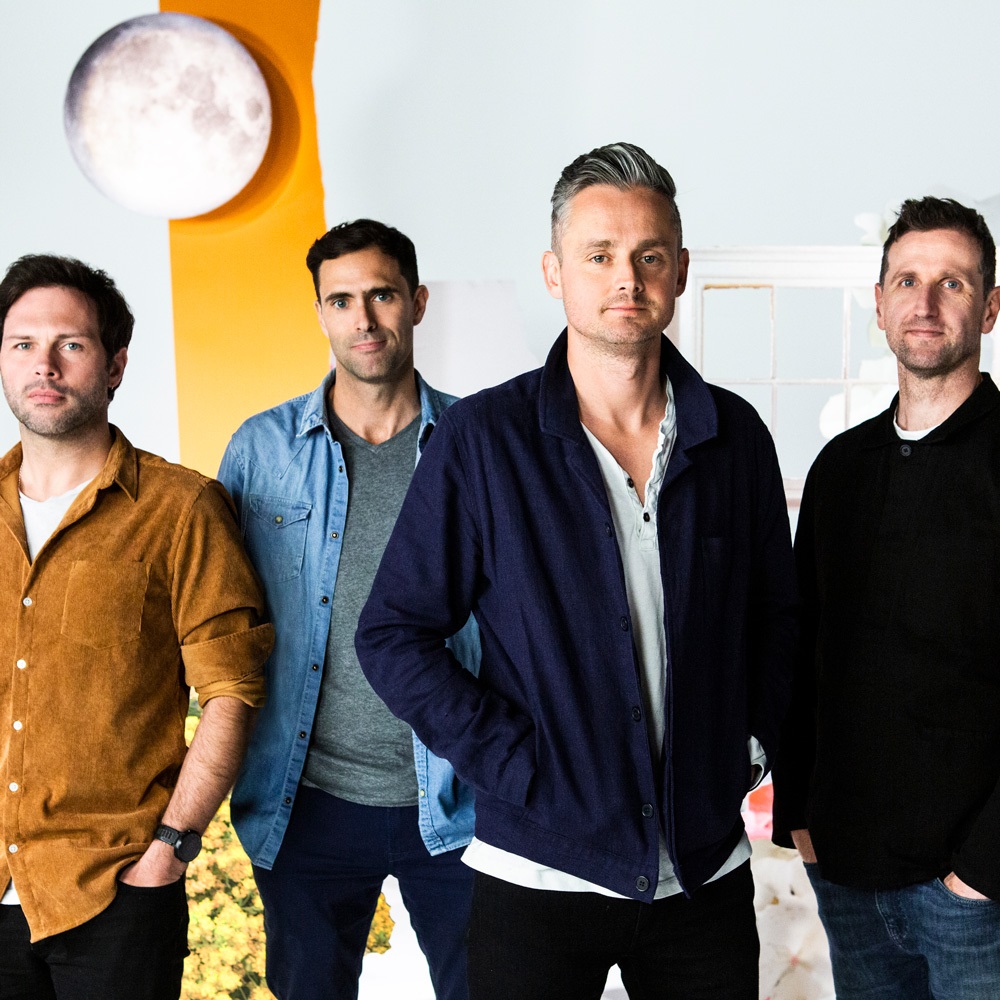
“We’ll play Lean On Me and maybe add three or four new songs. The band members are all fantastic musicians and we’ve climbed back up to the biggest venues.”
The similarly rejuvenated Keane had been booked for Scarborough OAT’s 2020 season until Covid-19 put paid to their July 17 show.
Now singer Tom Chaplin, sparring partner Tim Rice-Oxley, bassist Jesse Quin and drummer Richard Hughes will perform on July 9 next summer
The birth of their fifth studio album in September 2019 came as a surprise even to the band from Battle. Chaplin had released two solo albums, 2016’s The Wave and 2017’s Twelve Tales Of Christmas, but nevertheless missed working with Rice-Oxley.
So, when Chaplin, Quin and Hughes heard the songs Rice-Oxley had been composing, they were immediately drawn to them, both sonically and lyrically, and Keane were reborn. “We’re not some heritage act,” says Rice-Oxley. “We’ve got a lot of great music in us.”
The comeback album, featuring the singles The Way I Feel, Love Too Much and Stupid Things, peaked at number two last autumn, adding to the success of a career that had chalked up 13 million album sales, four number one albums, two BRIT awards and one Ivor Novello award before coming to a halt in 2013 with The Best Of Keane compilation.
Their 2004 debut, Hopes And Fears, elicited the hits Somewhere Only We Know, Everybody’s Changing, This Is The Last Time and Bedshaped en route to being ranked among Britain’s 40 best-selling albums of all time. Next came Under The Iron Sea in 2006, Perfect Symmetry in 2008 and Strangeland in 2012.
Venue programmer Peter Taylor, of promoters Cuffe and Taylor, says: “Keane were obviously going to be one of the major highlights of our 2020 season and so we are delighted to have arranged for them to play a headline show here in 2021.
“This special arena was created for artists like Keane. Their songs are beautiful, anthemic, the soundtrack to many people’s lives over the last 20 years, and I’m sure their army of fans cannot wait to see these songs played live here.”
Confirmed for the Scarborough OAT 2021 diary so far are: June 19, UB40 featuring Ali Campbell and Astro; June 20, RuPaul’s Drag Race: Werq The World; July 9, Keane; July 10, Olly Murs, and August 20, Nile Rodgers & Chic. More shows will be added. Watch this space.


